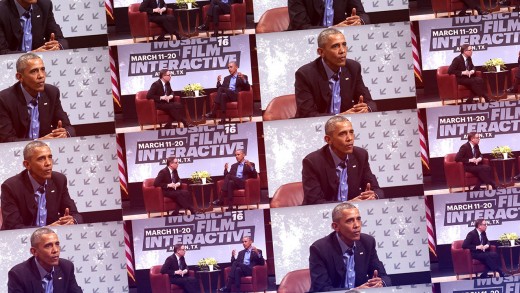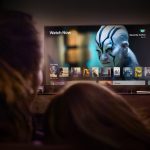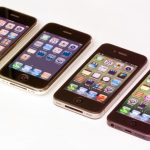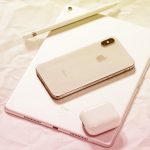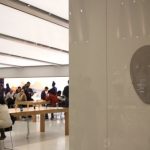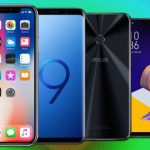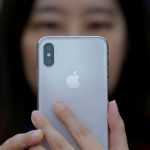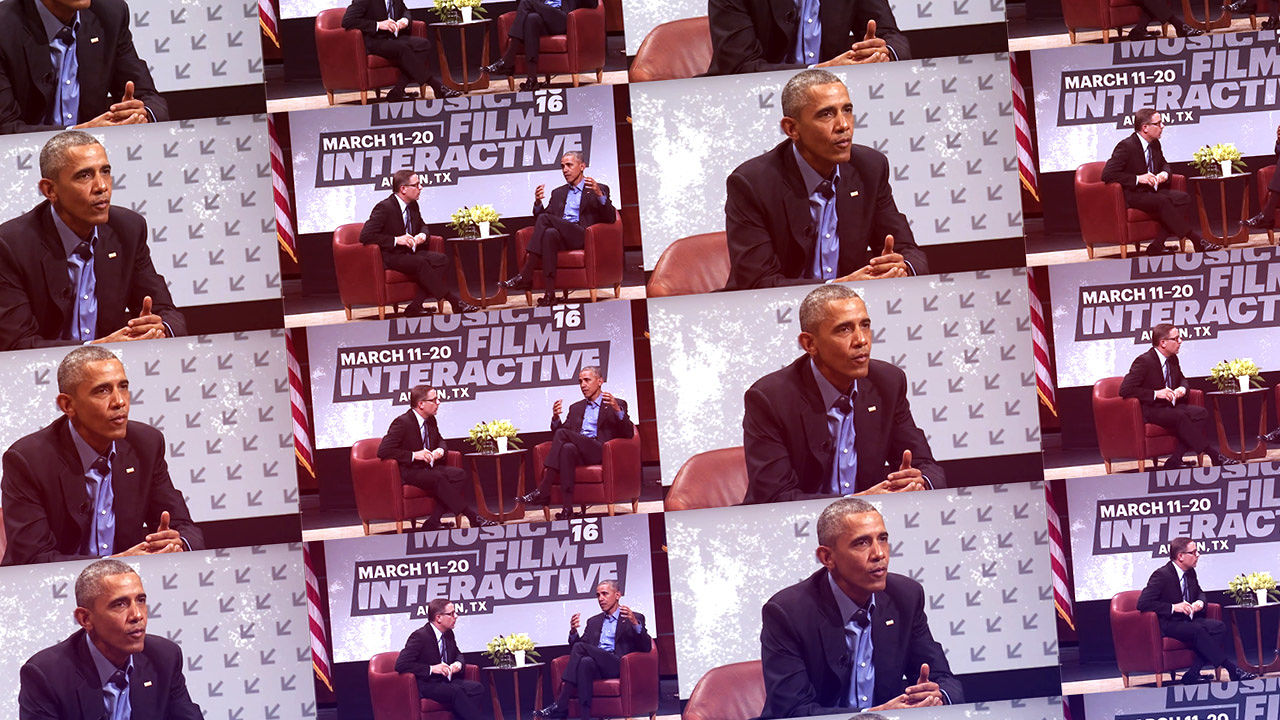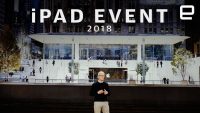Obama Delivers Subtle Blow Against Apple In Encryption Fight
First the venomous court filing from the Justice Department Thursday, then the comments of United States Attorney General Loretta Lynch on Colbert Thursday night, and today President Obama’s comments against “absolutism” and “cell phone fetishism” in a talk at the South by Southwest conference.
It’s been a tough 24 hours for Apple’s ongoing PR effort to convince the American public that denying the government access to iPhones isn’t irresponsible or anti-American, but rather pro-consumer. Apple has refused to comply with a court order demanding that it build a piece of custom firmware to help the FBI break into the iPhone 5c used by San Bernardino shooter Syed Farook.
The president said before his remarks in Texas that he wouldn’t address the Apple vs. FBI case specifically, but he clearly came down on the side of law enforcement in his comments to some 2,100 tech enthusiasts and media.
Obama gave several examples of how Americans are already asked to sacrifice their privacy in the name of justice and national security. For example, we do that when we submit to security checks at the airport, he said.
The president was most certainly referencing the Apple v. FBI case in this comment:
“If it’s technologically possible to make an impenetrable device or system, where encryption is so strong that there’s no key—there’s no door—then how do we apprehend the child pornographer? How do we solve or disrupt a terrorist plot? What mechanisms do we have to even do things like tax enforcement?” the president asked.
“If you can’t crack that at all, if government can’t get in, then everyone’s walking around with a Swiss bank account in their pocket, right?” the president asked. “This notion that somehow our data is different and can be walled off from those other trade-offs we make, I believe, is incorrect.”
Obama has for many months kept his distance from the issue of law enforcement’s call for a “back door” to encrypted user data that might be used in criminal or national security investigations. Today the president seems to have taken a far firmer stand on the issue—in favor of law enforcement and national security interests.
He continued (text courtesy of MacRumors‘ account):
“My conclusion so far is that you cannot take an absolutist view on this. So if your argument is strong encryption no matter what, and we can and should, in fact, create black boxes, that I think does not strike the kind of balance that we have lived with for 200, 300 years and it is fetishizing our phones above every other value. That can’t be the right answer.”
I suspect that the answer is going to come down to how do we create a system where the encryption is as strong as possible, the key is as secure as possible, is accessible by the smallest number of people possible for a subset of issues that we agree are important.”
Many in the security community would answer that when talking about our increasingly threatened security on mobile devices there is no middle ground to be struck with law enforcement. Apple has argued that once a piece of code is written that provides a security “back door,” the genie is out of the bottle and security is weakened for everybody.
Others have said that if Apple can protect its own source code and its own signature keys on new software, why should we believe that a single piece of software designed to break into one phone cannot also be protected.
The Justice Department, many believe, has taken its cause to the courts and the public as a way of setting some precedent that tech companies should provide government back doors to their systems. The Justice Department may also hope to raise the profile of the issue so much that Congress will be forced to act.
Views on this question are split, both in the public and in leadership circles in Washington.
Apple Vs. The FBI: What’s At Stake
Fast Company , Read Full Story
(11)

